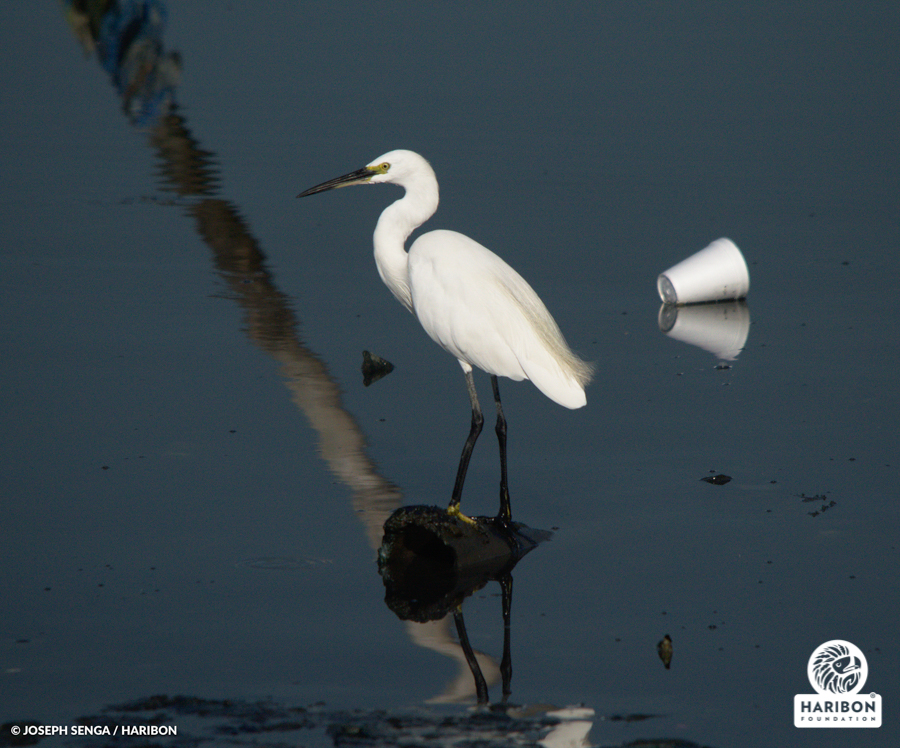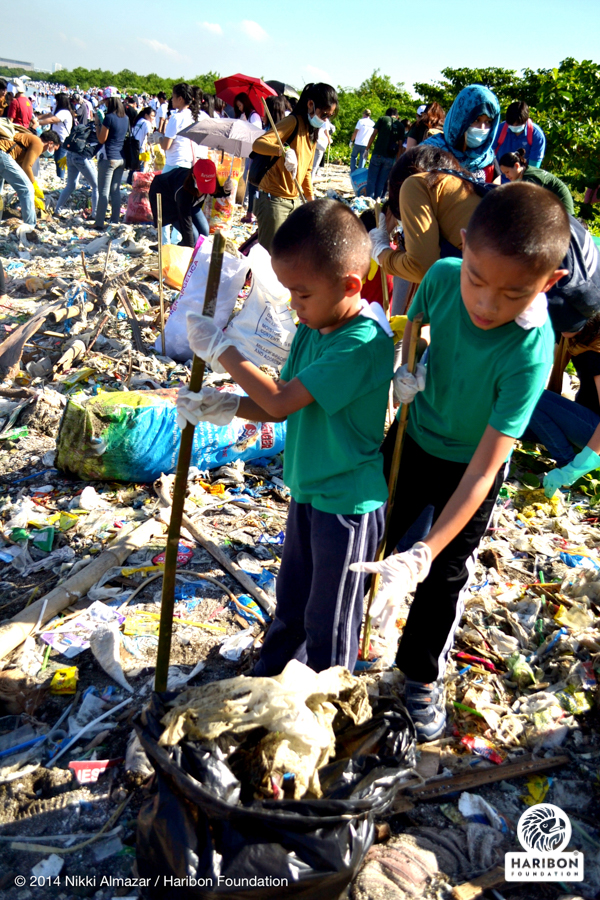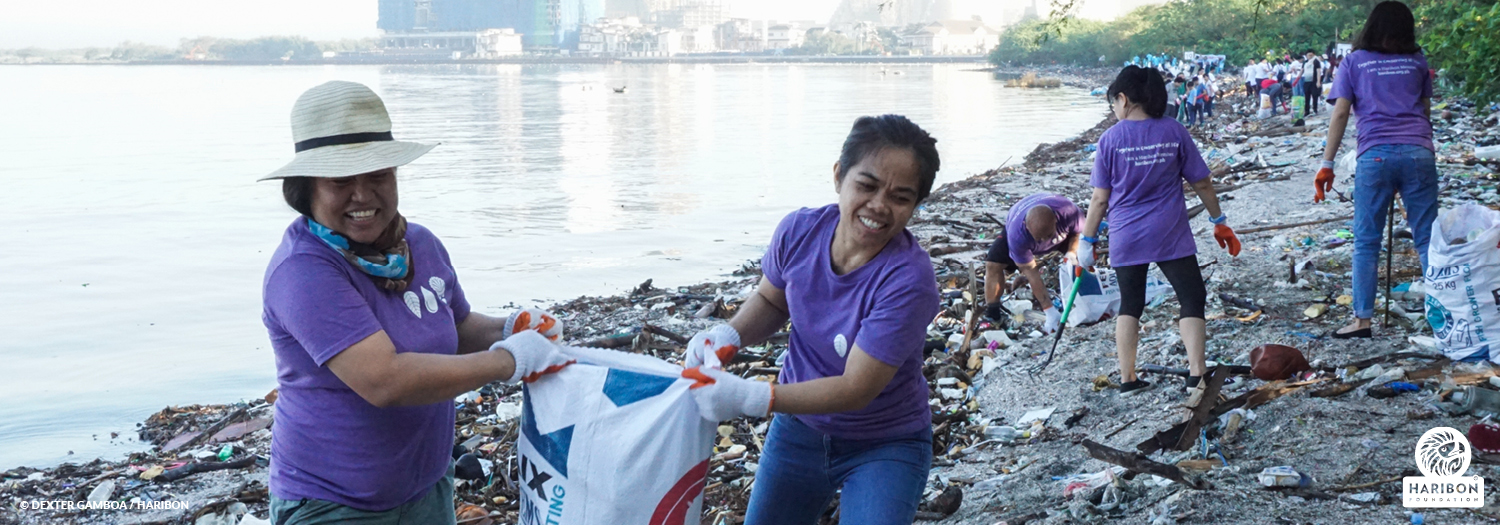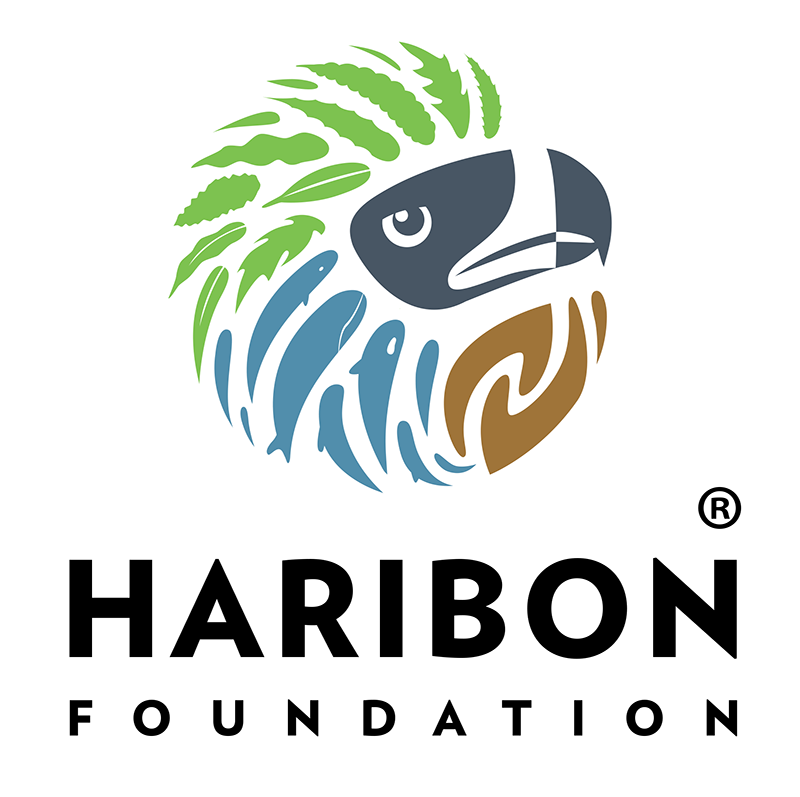By Stephanie Lim and Joseph Senga
To say that the planet has a waste problem is an understatement. In the country alone, we experience the catastrophic effects of our mismanaged wastes. Mounds of trash wash up on our shores after every typhoon, while plastics and other non-biodegradable garbage block our drainage systems that cause massive flooding.
Convenient, low cost and durable, plastics are a wonder material introduced in the 20th century. Despite its short-term benefits, however, plastics take centuries to break down and they remain in our environment for much longer than their intended use.
At the root of the waste problem is the lack of public awareness. This is where coastal cleanups come in…
Larger items break apart into tiny bits and pieces called microplastics until they become small enough for many wildlife to mistake them for food. Often colorful and tempting, many marine and bird species mistake plastic for food and end up starving to death with a fake full stomach. It is with increasing concern that many of the fish that we now eat may also contain plastics and its toxins.

Recently, an endangered Pawikan or a sea turtle, was found dead in Quezon province with plastic waste lodged inside its throat. According to a 2018 report by the Ocean Conservancy, plastic pollution in our marine ecosystem not only choke and entangle sea life, but ocean plastic is also linked with disease among coral reefs.
How do coastal cleanups help?
Different sectors such as the government, non-profit organizations and other entities carry out programs to help curb the impact of our waste problem.
But with tons of garbage polluting our oceans, do coastal clean-ups by individuals make a difference?

At the root of the waste problem is the lack of public awareness. This is where coastal cleanups come in as it gives the regular student or working professional the opportunity to see first-hand the trash that washes up in our oceans, igniting consciousness and action towards daily consumption and waste segregation.
Seeing hundreds of plastic straws along the shores would hopefully encourage the use of other alternatives, or not using straws at all. Collecting different generations of shampoo sachets in one bag would hopefully push individuals to buy bigger bottles to reduce waste, while recording unusual items like luggage or foam mattresses brings the importance of reusing and not easily disposing of our stuff.
Haribon Foundation conducts coastal clean-up activities year-round at the Las Pinas-Paranaque Critical Habitat and Ecotourism Area (LPPCHEA), which is considered as the last mangrove refuge in Manila Bay and is an important stopover for migrating birds coming in the months of October to March.
Coastal cleanup drives intend to bring people closer to the waste problem in order to stem it at the source. More than physically helping reduce trash that litter our coastlines, it aspires to instill change in personal habits.
By influencing the use of less residuals by consumers, demand for them will also drop and cause industries to find alternatives. Change starts with the individual and small continued acts can create a ripple effect.
To organize a coastal cleanup activity for your group or company, send an e-mail to partnerships@haribon.org.ph or call (02) 421 1209.

